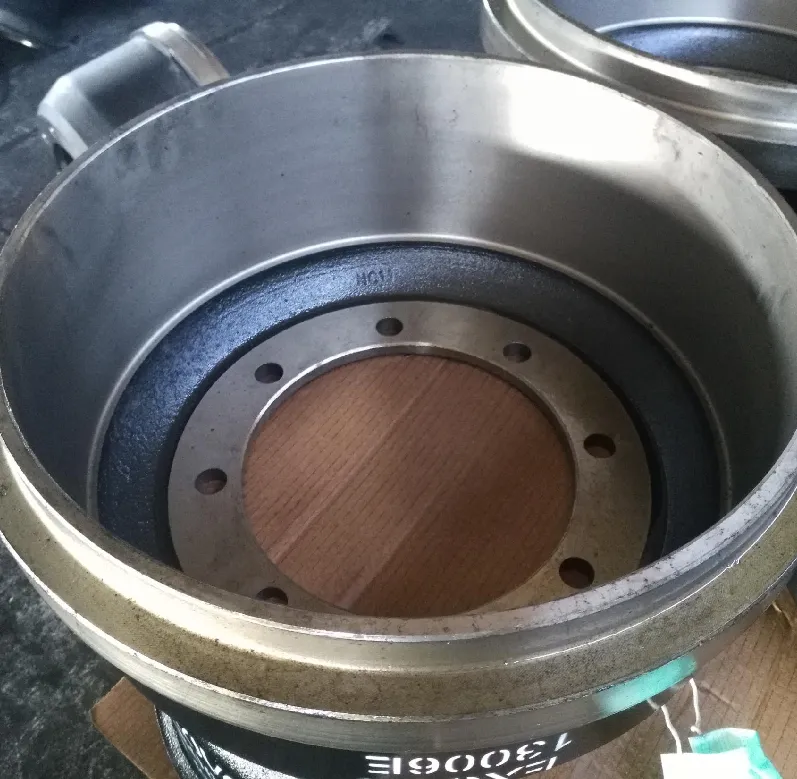drum brake disc brake conversion
Drum Brake to Disc Brake Conversion An Overview
The braking system is one of the most critical components of any vehicle, ensuring safety and control during operation. Traditional drum brakes have been widely used for decades, especially in older vehicles. However, as technology and automotive engineering have progressed, many car enthusiasts and mechanics have turned their attention to the benefits of converting from drum brakes to disc brakes. This article explores the reasons for this conversion, its advantages, and what it entails.
Drum Brake to Disc Brake Conversion An Overview
In contrast, disc brakes offer several advantages. They are generally more efficient in dissipating heat due to their design, which allows for better airflow and cooling. This reduced risk of overheating makes them ideal for high-performance vehicles and those subjected to frequent heavy braking. Disc brakes also provide more consistent stopping power and shorter stopping distances, which is crucial for both safety and performance.
drum brake disc brake conversion

Another significant benefit of disc brakes is their weight. They tend to be lighter than drum brakes, which can enhance the overall performance and efficiency of a vehicle. Moreover, disc brakes are easier to maintain. The simpler design allows for easier inspection and replacement of worn-out parts, such as brake pads and rotors, compared to the more complex assembly of drum brakes.
The conversion process itself can vary depending on the vehicle make and model. Generally, it involves replacing the drum assembly with a disc assembly, which includes rotors, calipers, and pads. In many cases, the existing brake lines and master cylinder can be retained, although upgrades may be necessary to accommodate the higher performance of disc brakes. A thorough assessment of the vehicle's suspension and wheel setups is also recommended to ensure compatibility.
While the benefits are clear, potential converters should also consider the associated costs and labor. Depending on the vehicle and the quality of the parts chosen, the conversion can be a significant investment. Additionally, some vehicles may require extensive modifications. It's advisable for enthusiasts to consult with a professional mechanic or automotive specialist to evaluate the feasibility of the conversion.
In conclusion, converting from drum brakes to disc brakes can greatly enhance a vehicle's safety, performance, and reliability. With advantages like improved heat dissipation, reduced weight, and easier maintenance, the benefits often outweigh the costs. For those looking to boost their vehicle's braking performance, a disc brake conversion is a worthwhile consideration, ensuring a safer and more enjoyable driving experience. As automotive technology continues to advance, these modern braking solutions will likely become the standard in both everyday vehicles and performance-oriented models.
-
The Power and Reliability of Brake DrumsNewsAug.27,2025
-
The High-Quality Truck Brake DrumsNewsAug.27,2025
-
Quality Brake Drums for Reliable PerformanceNewsAug.27,2025
-
Get the Quality Semi Trailer Brake Drums for Your FleetNewsAug.27,2025
-
Everything You Need to Know About Brake DrumsNewsAug.27,2025
-
Enhance Your Vehicle's Performance with Reliable Brake DrumsNewsAug.27,2025
-
Truck Drum Brake Spring Replacement ProcedureNewsAug.22,2025


